In today's fast-changing maritime industry, where decarbonization, digitalization reshapes operations on a near-daily basis, marine lubricants are no longer just a maintenance item, they’re a strategic enabler. And few understand this better than Jason Ho, North Asia Regional Director at Shell Marine.
"We're not here just to sell oil," Ho says in an exclusive interview with Xinde Marine News. "We're here to solve complexity."
From compliance with IMO regulations to a variety of alternative fuels, Shell Marine is positioning itself not only as a product supplier but as a solution provider, backed by close OEM collaboration, digitalization investment, and a long-term commitment to helping shipowners navigate the fuels and risks of tomorrow.
Jason Ho, North Asia Regional Director at Shell Marine
Born to Simplify
When the IMO's 0.5% sulphur cap took effect in 2020, MAN Energy Solutions introduced new performance categories for two-stroke engine lubricants, defining Category II for newer Mark 9 engines, which demand higher levels of cleanliness and protection. But existing Category I oils struggled to meet these standards, and many operators found themselves switching between BN40 and BN100 to manage engine deposits, adding operational complexity and risk.
"Crews were spending too much time managing oil changes and inspections," said Jason Ho. "We wanted to take that burden away."
In 2022, Shell Marine responded with Shell Alexia 40 XC—a low-BN, Category II lubricant developed in close collaboration with MAN ES. It offers BN100-level cleanliness with a BN40 formulation.
Engineered for Efficiency
Three years on, Shell Alexia 40 XC has proven its value across the world. For shipowners, the benefits go far beyond technical specifications—they are felt in everyday operations.
"Many of our major customers in Asia, have already switched to Shell Alexia 40 XC and are seeing excellent results," said Jason Ho.
Shanghai Run Yuan, for example, reported a 25% reduction in cylinder oil consumption and more than 10 hours saved per month on engine inspections and repairs, translating into $4,200 in annual manpower savings. Meanwhile, T.S. Lines, operating the MV TEH Victory, achieved a more than 30% improvement in piston cleanliness, eliminated the need to alternate between lubricants, and saved $5,000 per year in working time.
Jason Ho noted that these outcomes are consistent across the region: "The market response has been very strong. Our customers have already switched to this product."
Ready for Alternative Fuel Complexity
After proving itself in conventional operations, Shell Alexia 40 XC is rising to the new challenge posed by alternative fuels. As the maritime industry shifts toward biofuels, LNG, methanol, and even ammonia, lubrication has become more than an engineering detail, it's a system-critical choice.
"Every new fuel brings new requirements," said Jason Ho. "Our job is to help shipowners adapt without adding complexity."
Shell Alexia 40 XC has already been verified by OEMs like MAN ES and WinGD for use with a wide range of low and zero sulphur fuels, including LNG, methanol, and ammonia. It enables operators to use one lubricant across multiple fuel strategies, without compromising on engine protection.
"Our goal is to simplify. Ideally, one product should cover multiple fuels, so the crew doesn’t have to switch oils frequently or face safety risks," Jason noted.
Integrated Solutions, Not Just Lubricants
But the support doesn't stop at the barrel. For Shell Marine, solving complexity means delivering an integrated system—one that brings together products, technology, data, training, and service.
At the core of this approach is Shell LubeMonitor, a digital tool that combines onboard inspection data with lab analysis to help ship operators optimize feed rates, monitor cylinder condition, and assess wear trends.
"All the data and images collected onboard are tied into the Shell LubeMonitor platform," said Jason Ho. "It helps us identify risks earlier and manage lubrication more precisely."
With over 30 years of accumulated engine data, Shell is also developing AI-powered predictive maintenance tools complemented with its own dedicated team of Technical Experts, enabling customers to take proactive action before issues occur, enhancing both reliability and operational efficiency.
Jason Ho further emphasized that Shell Marine works closely with OEMs, shipyards, and shipowners to align lubrication strategies with fuel choices, emission goals, and technical design, starting from the newbuild stage.
"Our customers don't just want barrels of oil," Ho noted. "They want end-to-end solutions that match new fuels and help them operate more efficiently and safely."
As part of this effort, Shell Marine will host a webinar on June 11, 2025, focusing on regulatory compliance and integrated decarbonization strategies.
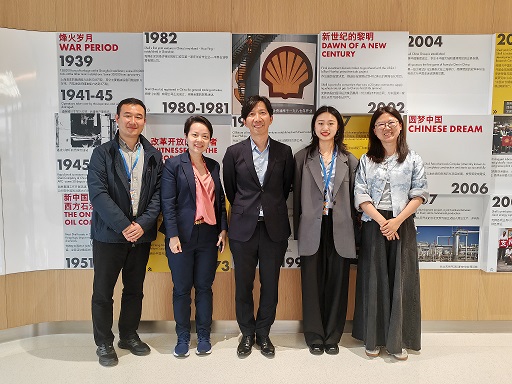 Looking Ahead: Cooperation through Uncertainty
Looking Ahead: Cooperation through Uncertainty
Looking ahead, Jason Ho believes that in a rapidly changing environment, Shell must work hand in hand with OEMs and other partners to stay close to the market and develop what the industry truly needs.
"There are many things this industry has never done before—we're all learning," he said. "But if customers need something, we'll work hard to provide it."
He concluded with clarity and conviction: "We're here to deliver continuity and clarity amid the industry's most complex transitions."
Shell x MAN Webinar registration link:
Shell x MAN Webinar - Navigating the energy transition - Registration Form
The opinions expressed herein are the author's and not necessarily those of The Xinde Marine News.
Please Contact Us at:
media@xindemarine.com
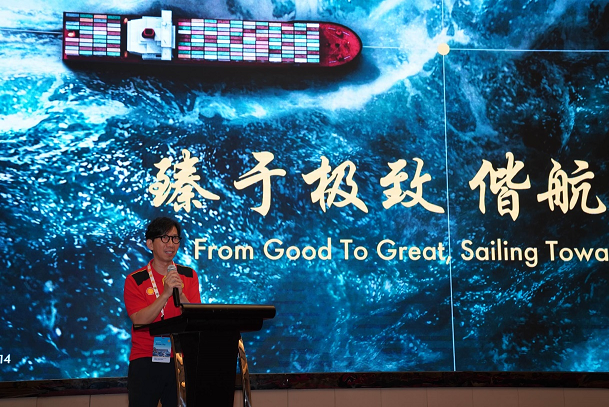

 Seabound’s Alisha Fredriksson wins Nor-Shipping 2
Seabound’s Alisha Fredriksson wins Nor-Shipping 2 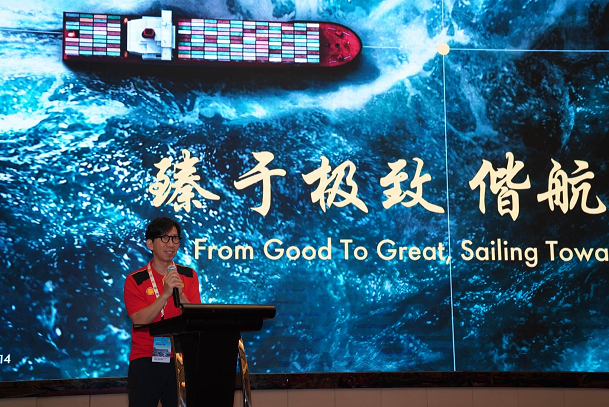 Exclusive Interview with Shell’s Jason Ho: 'We Do
Exclusive Interview with Shell’s Jason Ho: 'We Do 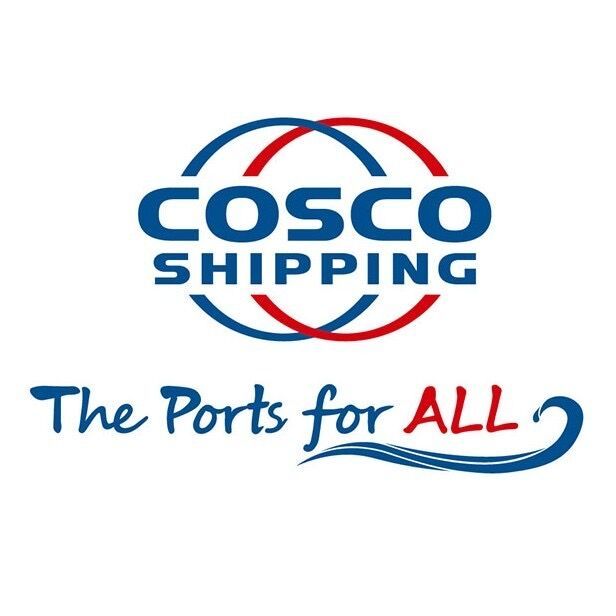 Executive Leadership Update at COSCO SHIPPING Ports
Executive Leadership Update at COSCO SHIPPING Ports  Following the Largest Ship Management Merger, OSM T
Following the Largest Ship Management Merger, OSM T 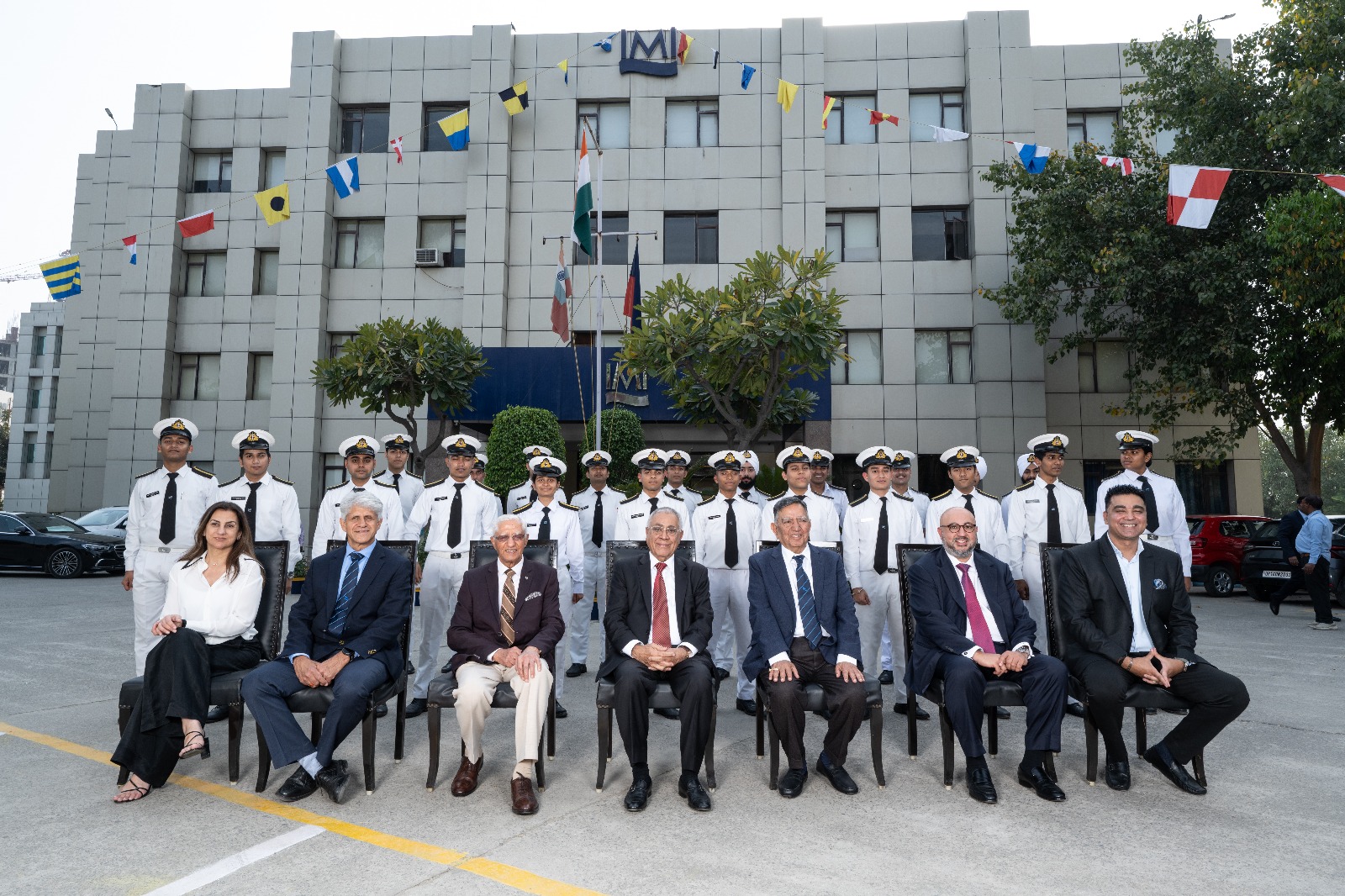 Dr. Harry S. Banga and Mr. Angad Banga of The Carav
Dr. Harry S. Banga and Mr. Angad Banga of The Carav  Liberian Registry Welcomes Kyle Hurst as Senior Vic
Liberian Registry Welcomes Kyle Hurst as Senior Vic